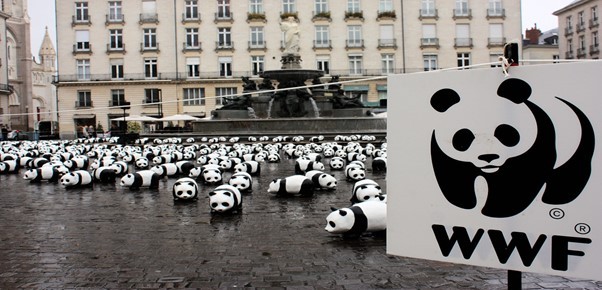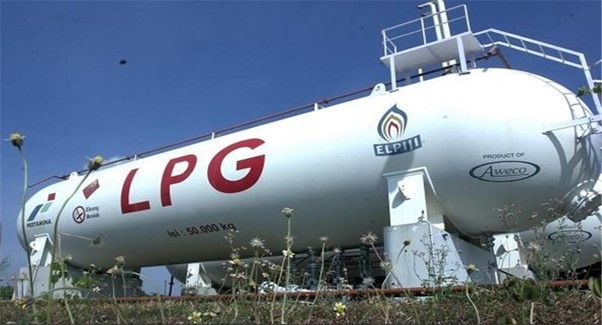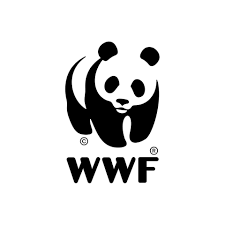Gerald Hamuyayi, Lusaka, Sunday, 21 April 2024 – Zambia, known for its agricultural-friendly weather, is currently being confronted by a contrarian dry spell for the 2023/2024 farming season. The drought has affected 84 of the 116 districts in Zambia, impacting nearly 10 million people. Climate change is the new addition to the villains of wildlife species, forest and freshwater ecosystems. World Wide Fund for Nature Zambia (WWF) is a key government partner in preserving and reducing the rate of natural wealth degradation through enhanced resilience of the natural ecosystems and the well-being of people. This mandate has a vision anchored on the sustainable use of natural wealth to secure equitable intergenerational opportunities.

At the launch of its 2023 Annual Report on 18 April 2024, WWF Zambia’s Country Director, Nalucha Nganga Ziba, underscored the three pillars of their strategic plan, namely, wildlife and forest, water and energy, and green finance and investment. The organisation has continued to safeguard community forests on thousands of hectares. Through forestry and wildlife conservation interventions and the establishment of farmer field schools, WWF-Zambia has improved the socio-economic status of communities and farmers. Additionally, WWF-Zambia has secured a financing commitment of US$200,000 under the Dutch Fund for Climate Development financing, through strategic engagements with partners. Moreover, the strengthening of WWF has enabled the WWF to secure two long-term funds from the Canadian government and Jersey Overseas Aid to enhance livelihood opportunities earmarked to impact over a million people.

Zambia’s economic slide from a middle to a low-income country underscores the increasing poverty levels in the Southern African nation. According to World Bank data, the poverty levels in the country heightened from 54.5% to over 60% of the population between 2015 and 2022. Presenting at the Launch of the WWF Annual Report, Mr Michael Sakala, WWF Energy Lead, indicated that about 70% of Zambians use firewood for energy purposes. However, this has strained the green resources, endangered wildlife and worsened climate risks as the forest gets cleared for charcoal production.
The worsening economic status has deteriorated the resilience of communities to climate change through substitution, mitigation and adaptation initiatives that often require some capital outlay. WWF-Zambia advocates for alternative energy sources, such as liquid petroleum gas (LPG), to mitigate climate risks. LPG is a cleaner and less environmentally harmful energy resource. However, the perception regarding LPG use for energy remains negative in Zambian communities. The organisation continues disseminating information on the potential of LPG as an energy solution for Zambia.

Community education, consultation, and engagement are pivotal for the effective execution of community-led wildlife, forest, water, and energy sustainability initiatives. The African Forest Landscape Restoration Initiative (AFR100) is among the programs. It is a country-led initiative to restore 100 million hectares of land in Africa by 2030 in response to rampant deforestation. Through establishing community forest management groups, this initiative continues to build capacity and competency in community members to undertake nature-conserving activities in carbon projects. The increased Community Development Fund (CDF) could be a game changer for Environmentally and Socially impacting projects.
Looking into 2024, WWF-Zambia is focused on harnessing efforts towards mobilising green financing and the establishment of carbon trading systems. To improve resilience to climate risks and response, the organisation will continue building capacity in communities and their employees.







